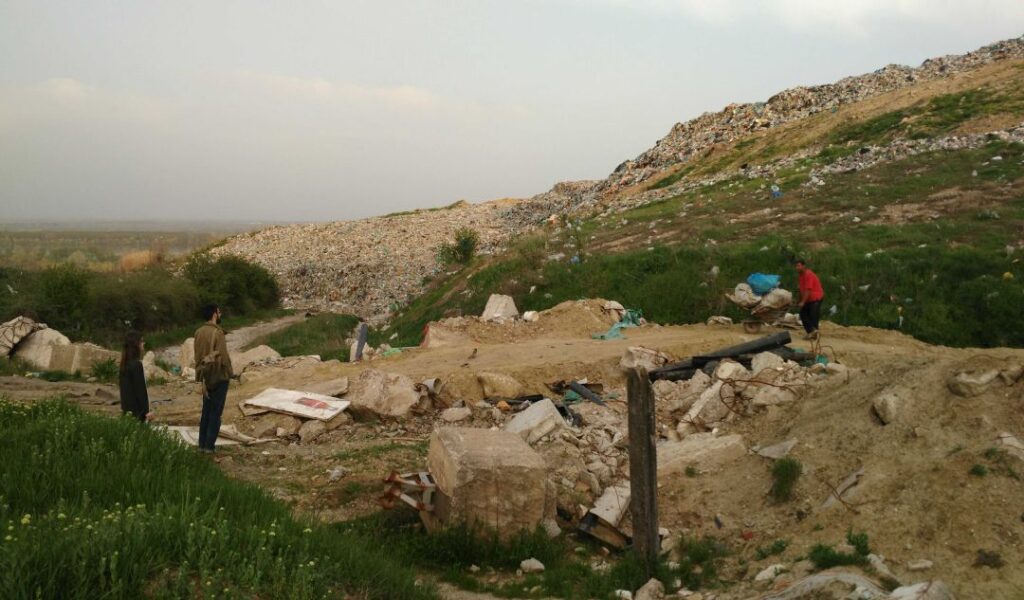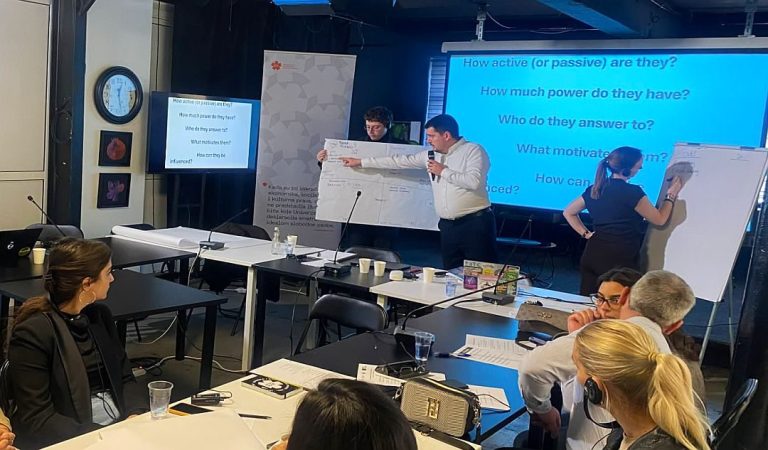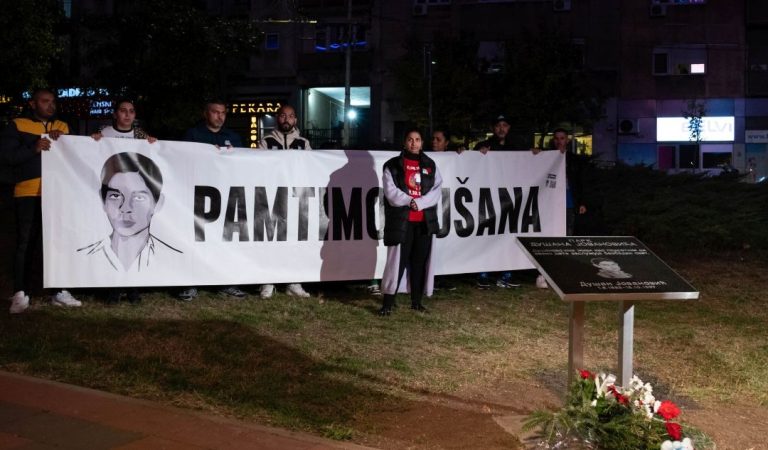The project to remediate and construct a waste incinerator at the Vinča landfill has resulted in displacement of 17 Roma families who, up until 2018, had been living in an informal settlement on the outskirts of the landfill. Additionally, this project led to loss of the sole source of income for these households, which came from collecting recyclable materials on the former landfill.
Following their forced eviction in 2018, these families encountered numerous difficulties and obstacles in securing shelter and any means of income to meet their basic needs. Confronted with neglect and inaction from the Belgrade City authorities responsible for the displacement that caused violations of their human rights, these families decided to file a formal complaint in late 2020 with the Independent Project Accountability Mechanism (IPAM) of the European Bank for Reconstruction and Development (EBRD). The EBRD was the one who financed the landfill reconstruction project in Vinča.
This complaint was filed due to violations of standards outlined in the EBRD’s Environmental and Social Policy, which each client utilizing the bank’s financing is obliged to adhere to. These standards include compliance with domestic regulations and international agreements guaranteeing human rights of individuals and communities affected by such projects. The client for this project is “Beo Čista Energija”, a company owned by a consortium consisting of the French company Veolia, Japanese corporation ITOCH, and the pan-European fund MARGUERITE. All of them entered a public-private partnership agreement with the City of Belgrade in 2017.
Following the complaint to EBRD’s independent mechanism, a mediation process was initiated between the displaced families represented by A 11 Initiative and “Beo Čista Energija”, as well as the City of Belgrade, the City of Šabac, and the municipality of Vladimirci – local authorities where the families were resettled based on their places of residence. Key topics of this mediation focused on securing adequate alternative housing for the displaced families, particularly in terms of the size of the allocated residential space meeting the needs of each household and the affordability of the offered housing solutions, as well as restoring their sources of income.
However, even after concluding the mediation process and signing a legal agreement, where each participating party committed to completing remaining unfinished activities during the monitoring phase, numerous problems remain unresolved to this day. Some families in Vladimirci still live in housing units smaller than legally mandated standards, while families housed in social apartments in Belgrade have yet to resolve accumulated debts for utility costs. Furthermore, support for these families in overcoming ongoing housing cost difficulties – a legal obligation of the City of Belgrade, remains unseen. This support is crucial, especially considering that little has been done so far to restore the income of displaced households, who previously relied solely on their own work without any form of financial welfare.
In light of these issues and within the fact that a full year has passed since the agreement was signed by all mediation participants, with many promised activities to improve the situation of these families still unfinished, it is imperative for the City of Belgrade, the municipality of Vladimirci, and “Beo Čista Energija” to immediately begin fulfilling the obligations outlined in the agreement.
In Belgrade, July 1st 2024



